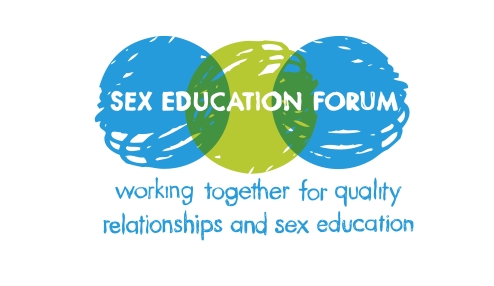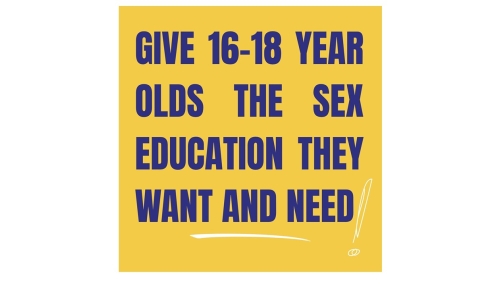Picture the scene: You're teaching about the changing adolescent body and a Year 5 child asks, “How are babies made?”
Questions like these can feel tricky for multiple reasons. Below we walk through some of the common concerns in relation to questions that might bridge health, science, relationships and sex education.
I’m not prepared!
An unexpected question can throw even the most experienced of us. For those moments, I find this mental checklist helpful:
- Compose – Take a breath to gather your thoughts, you can buy yourself time by thanking or praising the child for their curiosity. Make sure your tone, facial expression and body language is open and relaxed.
- Check context – Don't jump to conclusions about what the child is asking. For example, this question could be asking different things: What happens when the egg and the sperm meet? How does a baby form in the uterus? How do an egg and sperm come together? If possible, ask follow-up questions to check you understand what the child is asking and therefore what they are ready for, this might mean continuing the conversation one-to-one at a later date. Where appropriate you can ask the child what they think the answer might be. In this example, it might be a good assessment opportunity if you’ve already covered the reproduction of mammals in Science.
- Answer – Make sure your answer is factual and non-judgemental. Maybe answering this question properly requires re-thinking your medium term plan because it reveals a gap in understanding; or it might mean extending your puberty education in to sex education. Side note – consider when you are starting your puberty education, will you have time to follow up if necessary?
- Check understanding – Once you’ve answered the question, check with the children whether they’ve understood. You can do this anonymously, with eyes closed and getting them to rate their understanding with a thumbs up/thumbs down or with a quiz at the start of the next lesson for example.
Another way to signal to children that you are there to answer their questions, in a way that might feel safer for everyone, is to have an anonymous question box, this gives you the opportunity to vet and prepare for questions. It’s also worthwhile investing time as a staff team to practice answering questions collectively. Collate questions you might have had previously as a team or try some of these questions asked by children:
-
Why do girls have periods?
-
Why do women have babies not men?
-
Why do penises get stiff sometimes?
-
What was the white sticky liquid in my pyjamas?
Will I be giving too much information too soon?
If a child asks us a math or history question, we wouldn’t think twice about answering it but instead think about how we could answer the question in a child friendly way, without giving more information than they are ready for. The same applies for RSE except sometimes stigma, lack of training and inexperience can get in the way.
It’s also helpful to compare RSE with other subjects and think about how we build on information and develop skills gradually in different contexts. For example in maths, one goal thinking ahead to adulthood is for children to be able to manage their finances. We don’t jump in to teaching our earliest learners how to budget, instead we start with “If I have 5 pennies and I spend 1 penny, how many do I have left/” and we build from there. It’s the same with RSE, it’s all about identifying what is the essential nugget the child needs to know relevant to their age and stage. A good rule of thumb is to give the simplest age-appropriate explanation and then invite follow up questions.
Is this sex education?
A question like ‘How are babies made?’ is not always a question about sex. Similarly, a question such as ‘What is sex?’ isn’t necessarily answered with information about reproduction alone. If providing an answer about sex, key messages that make a valuable contribution to safeguarding are that sex is for adults, that it requires agreement and that it should feel good. Ideally, sex education is provided through many conversations, some planned, some more responsive, and not dealt with through a one-off question. Good planning gives scope to build up learning about respectful relationships.
RSE related questions can feel unsafe if we don’t have clear policies in place. Hopefully, the school would also have consulted parents on how they approach questions like this and explain the importance of affording dignity to children’s questions if they had trusted us enough to ask. After all, if we don’t answer the question – where will they go for answers? Lastly, if schools ask children what they want to know and this informs how and when we cover the curriculum this helps us to anticipate questions and feel confident that we are pitching our content at the appropriate level for our children.
Nicky Waring
RSE Specialist and Trainer
Further support
Our one day workshop 'Delivering Inclusive RSE in Primary' is next running on 8 May 2024 9.30 am- 15.30. Ideal for primary school RSE / RSHE leads. Tickets from £150.




Share